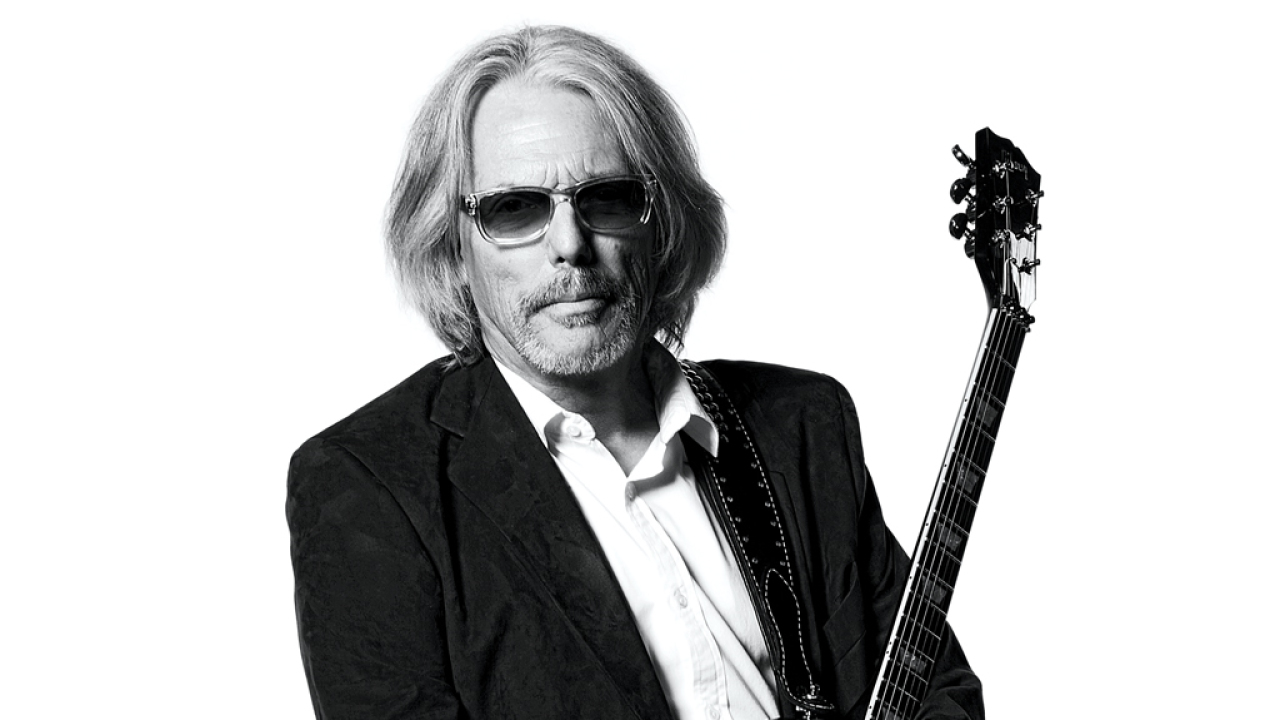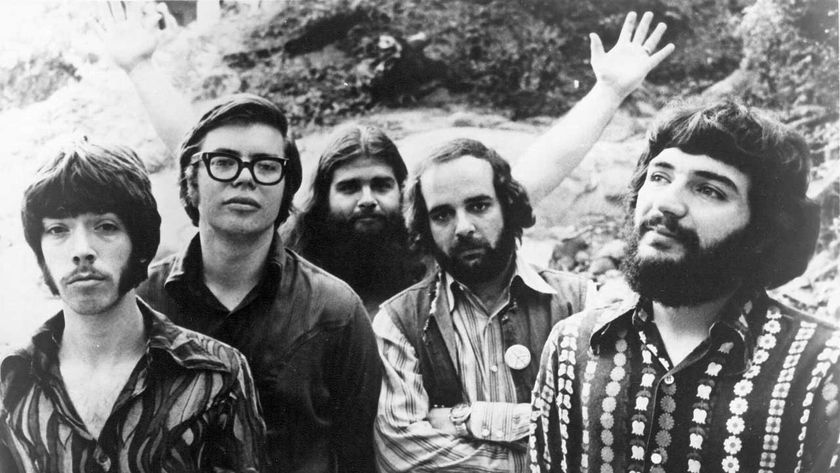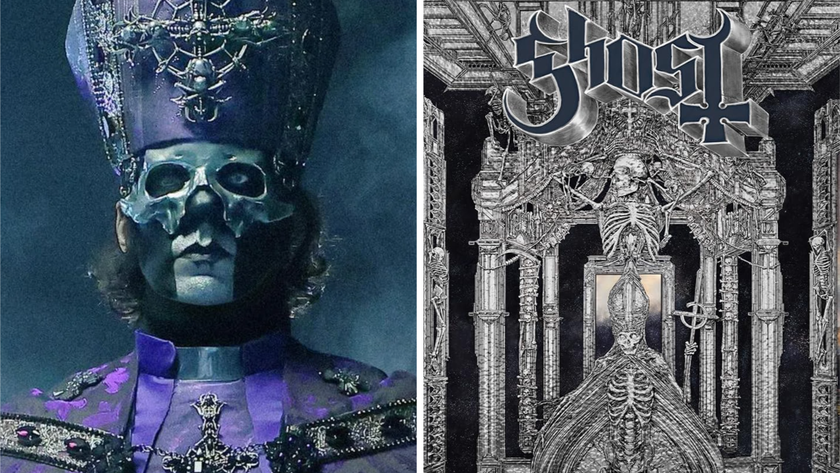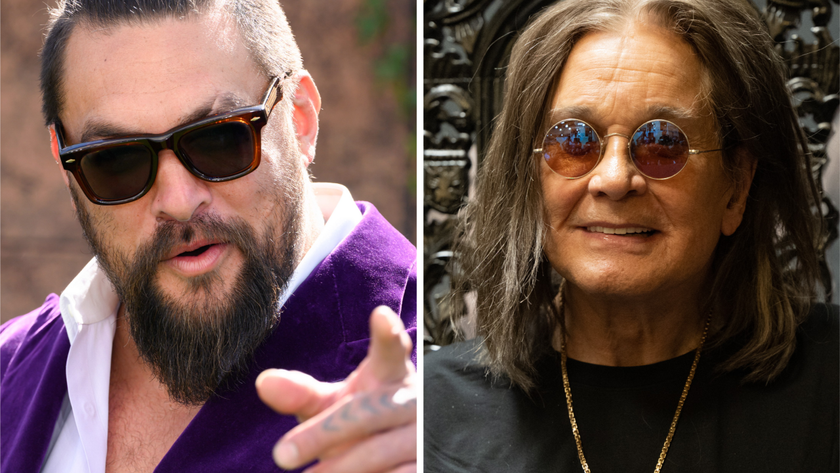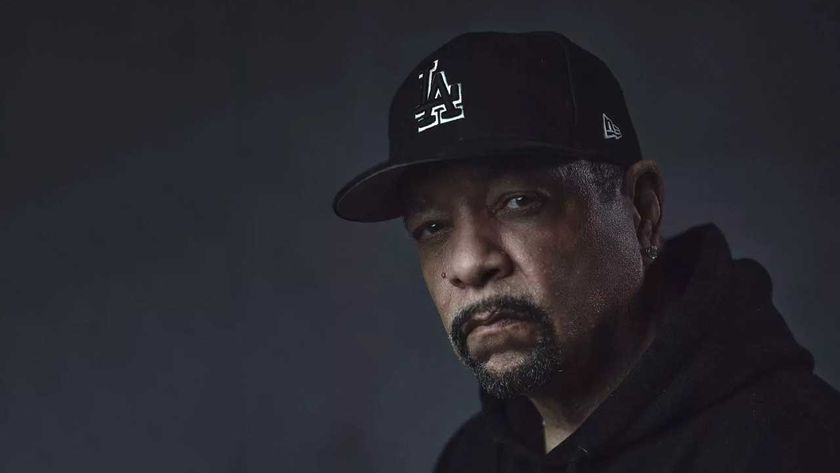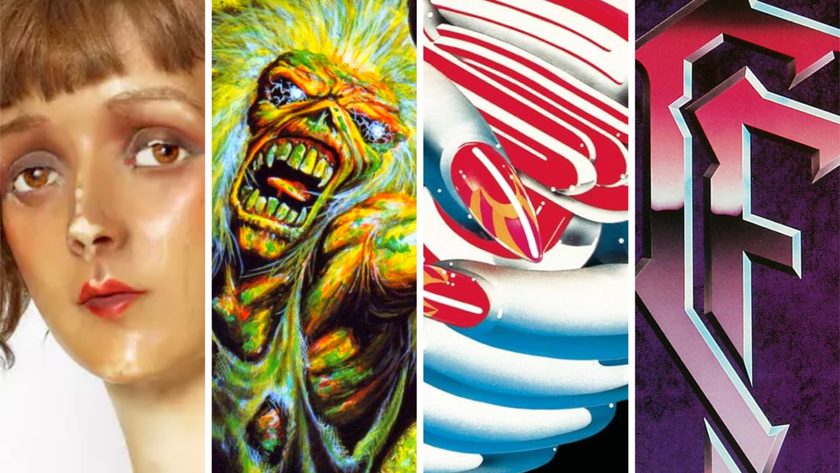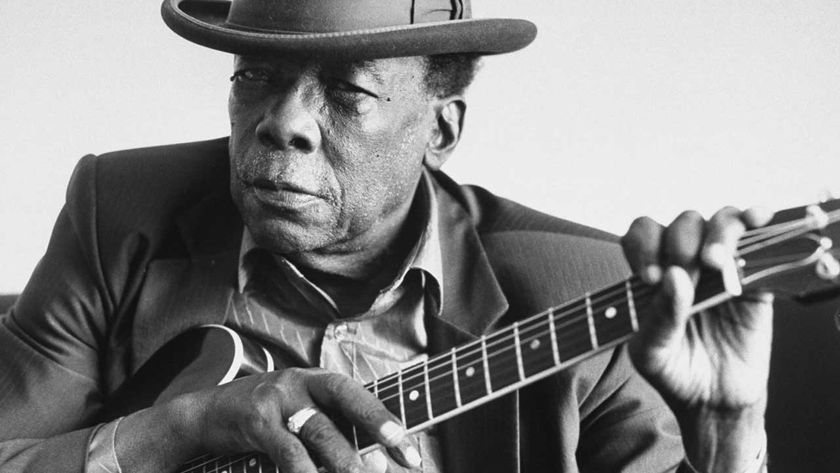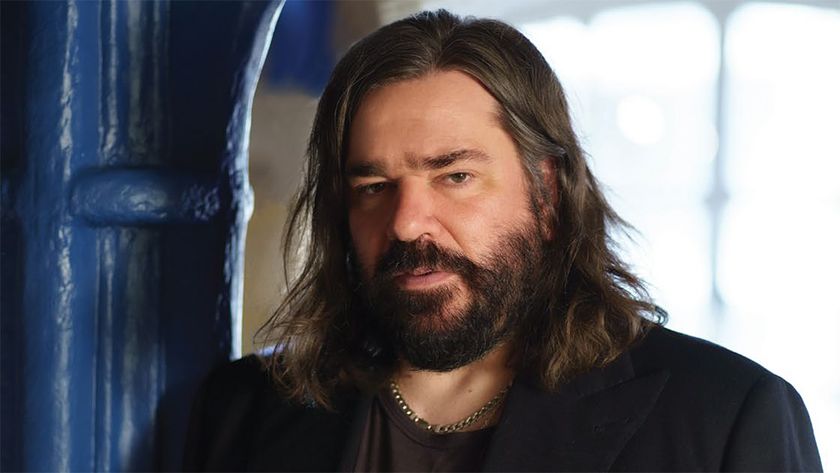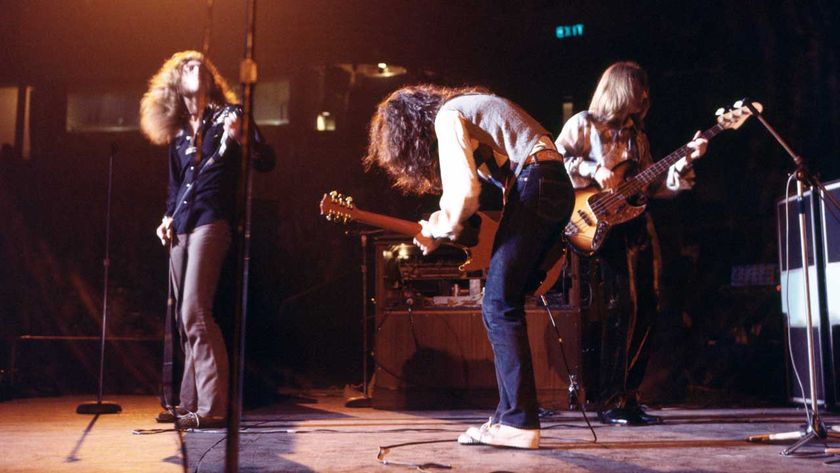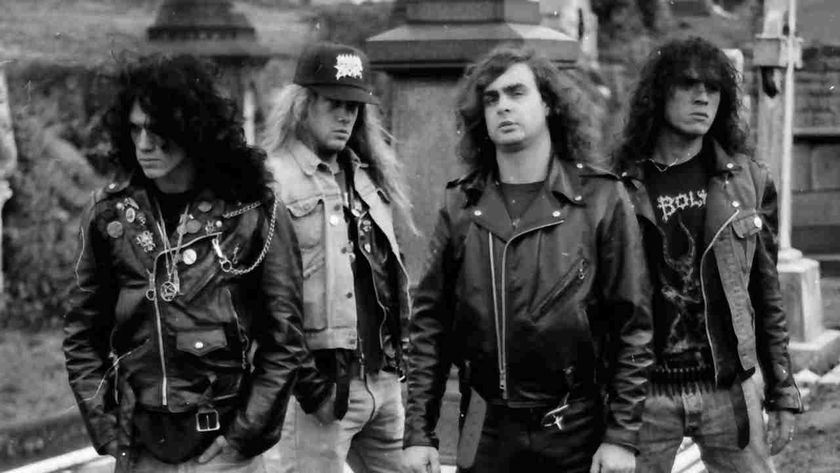Who were your heroes when you were growing up?
Dick Dale, the instrumental surf guitarist, was a huge inspiration for me. He was the first guitar hero that I looked up to. I was into surfing, and he did that, but Dick also played incredible guitar. He had a sound with tons of reverb that nobody had ever heard before. And he also looked tough and wore sharp suits. So in a way you kinda wanted to be him. Later on The Beatles were the first experience that made me want to get into music. I was maybe twelve years old when Ed Sullivan introduced them during that fabled show, and I couldn’t get my face close enough to the TV. Those guys changed everything.
Apart from musicians, who else inspired you when you were a child?
Muhammad Ali and Sugar Ray Leonard. I just never, ever wanted to miss one of their fights.
In their own way, you could say that they were rock stars too.
That’s true, absolutely. It was sport in its purest form – one guy against the other guy, real gladiatorial stuff. And of course they both also had larger-than-life personas.
What about actors?
Can I say my friends Phil Glenister [DCI Gene Hunt from Life On Mars] and John Hannah [Four Weddings And A Funeral]? I’ve played golf with those guys for many, many years. They’re great people, wonderful professionals, and we hang out a lot when they’re ‘resting’ – between jobs.
They say never meet your heroes or it can turn out badly. Have you experienced that?
I’ve been very lucky in that regard. I met Paul McCartney, and actually jammed with him for hours at his studio, MPL. He couldn’t have been any nicer. He knows the effect that he has entering the room and he’s very quick to put everybody at ease. At the age of sixteen I met Jimi Hendrix, too – talk about a fucking hero – and he was the same way. It taught me a lot about how to treat fans – never be a prick to them, because no one knows what might happen down the road.
Phil Lynott was like that too, right? I was lucky enough to meet him as a fan collecting autographs outside an end-of-tour party circa Chinatown _in 1980, and he brought me in past security and took me around the room and did introductions to everybody. It was a real gentlemanly thing to do. _
He was that guy. Phil knew what rejection was all about. He’d grown up being the only black guy in Ireland and always put himself in the place of the outsider.
Fan‑wise I never really saw him get mean with anybody. The only time something like that happened was when we were on stage one night and this kid in the front row kept undoing his shoelaces. Finally the kid put a cigarette out on his tennis shoe. Phil took off his bass, reached down and grabbed a handful of hair and pulled him up in the air. Even then the guy loved it because it made him seem cool.
